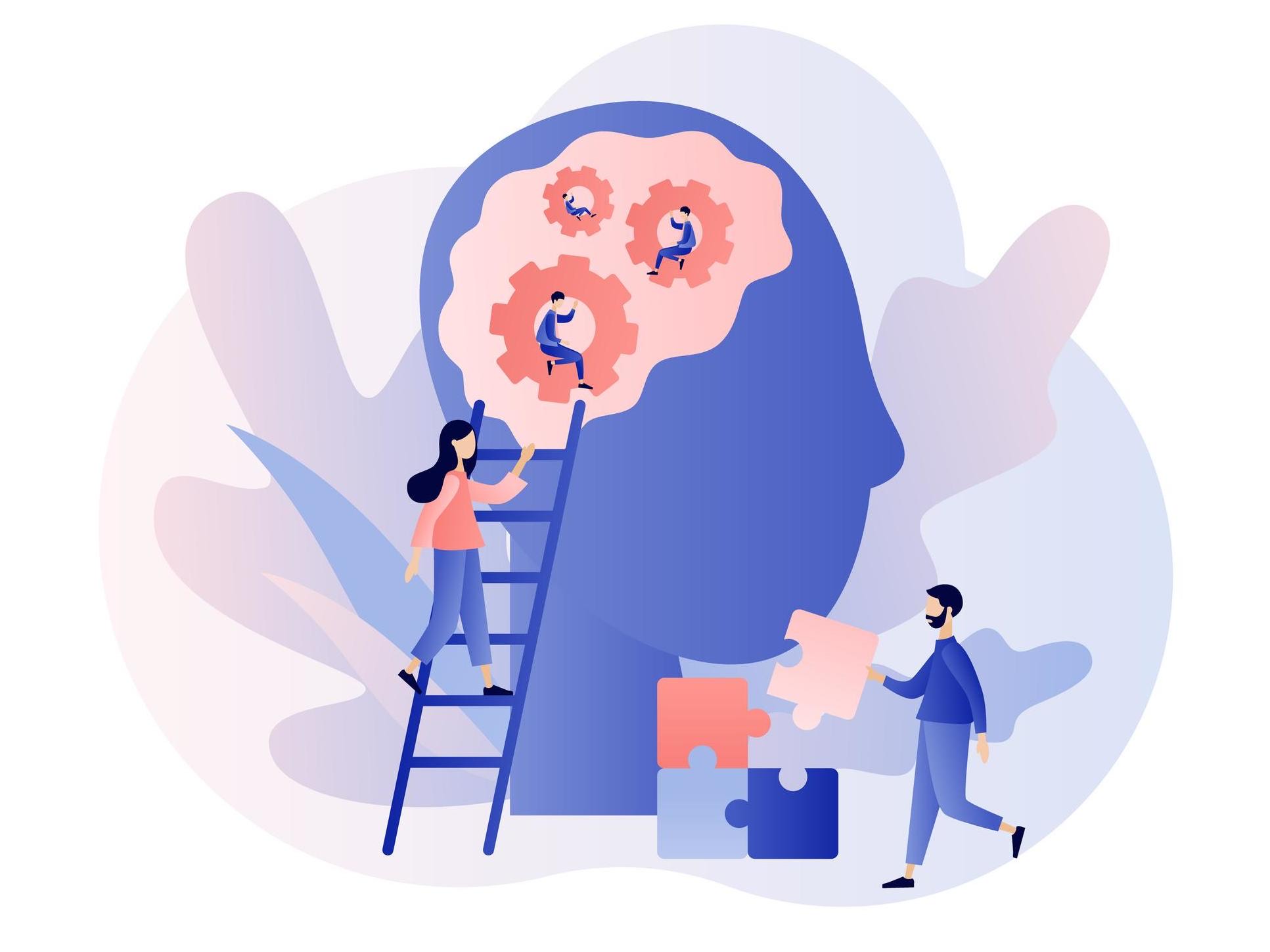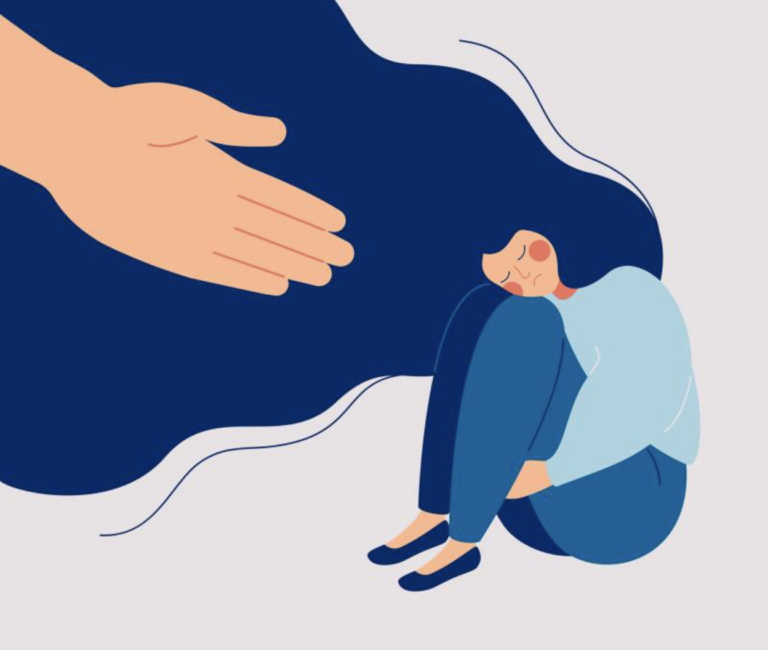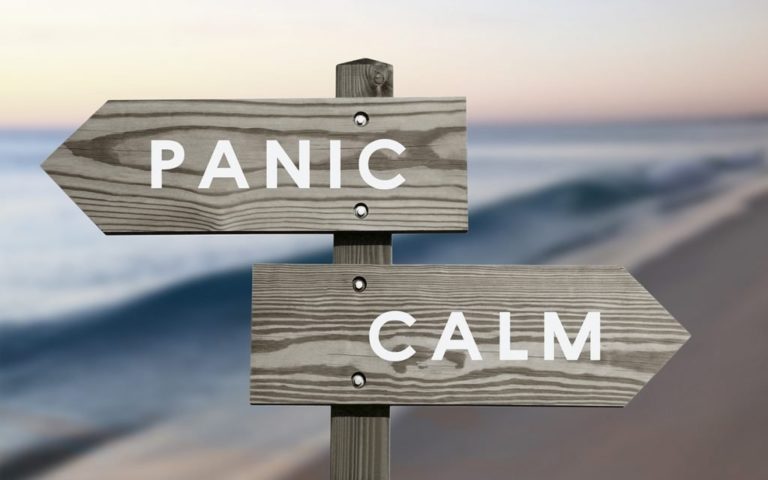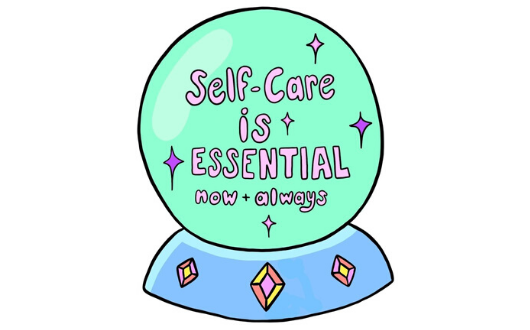Sleep and Mental Health: How They are Correlated
TW: mentions of mental disorders
Health is the most important factor in your entire life — both physical and mental health concurrently. Want to know which elements can help you have a healthy lifestyle? Well, there’s eating a sufficient amount of foods and drinking enough water for your body to sustain; but today, we’re going to go over another one of the most important details that can affect your mental health specifically, which is Sleep.
Importance of Sleep
As mentioned earlier, one of the key factors in achieving substantial health is providing yourself with an adequate amount of sleep each night. After going through a long day of performing exhausting tasks, recharging your batteries is something that you should look forward to after you get back home. Without doing so, you may not be able to function properly or have the ability to actively perform duties for upcoming events.
Sleeping for a required amount of time based on your body’s needs can also maximize your productivity levels, reduce the risk of developing diseases, increase metabolism rates, and make you feel refreshed overall in order for you to make it through the following day.
Lack of Sleep in Teens
Teenagers are not getting enough sleep these days, which would most definitely leave a long-term negative impact on their mental health. There are multiple factors that cause sleep deprivation for high school and college students and those events include:
- Extensive schoolwork
- Use of technology
- After-school activities
- Extracurriculars
All of these examples are social causes that determine one’s sleep schedule, but there are a handful of natural occurrences as well, such as:
- Body hormones
- Exposure to light
Mental disorders, such as insomnia, also influence the sleep schedule of individuals.
While doing a lot of these tasks, especially schoolwork, teens tend to procrastinate a lot. Doing some of the work given can be dreadful, which causes demotivation and to push tasks off till the last minute to complete. This affects sleep as well since doing assignments late at night before the due date or waking up early in the morning to finish them can cut into one’s sleep hours.
How Does This Affect Mental Health?
In most cases, mental exhaustion is caused by lack of sleep. It is a charging device for the mind and without it, emotional control is let loose. When a person does not obtain enough rest, certain parts of their brain do not develop or function properly. This causes mental disorders such as depression, anxiety, etc., and makes insomnia more severe.
It can go both ways however — sleep loss leads to poor mental health and in return, mental disorders can lead to sleep deficiency as well. In order to avoid this never-ending cycle, making sure that you get enough time to rest in the first place is essential.
Data & Statistics
The recommended amount of sleep hours for each age range includes:
Newborns (0-4 months): 14-17 hours
Toddlers (4-24 months): 10-14 hours
Children (3-5 years): 10-12 hours
Kids (6-12 years): 9-11 hours
Teenagers (13-17 years): 8-10 hours
Young adults and Adults (18-60 years): 7-9 hours
Older adults (61+ years): 7-10 hours
Ways to Improve Your Sleep Schedule
It is never too late to fix your mannerisms in order to take care of yourself better. You can improve your sleep habits and mental health by following these tips:
- Food and drinks to consume: cherries, warm milk, chamomile tea, etc.
- Meditation — effective relaxation technique which helps clear the mind.
- Avoid substances that can make you hyperactive, such as caffeine.
- Prevent technology usage before bedtime. It’s a major distraction.
- Finish your work faster during the day with the benefit of halting your tasks from cutting into your sleep schedule.
Sources
https://www.sleepfoundation.org/how-sleep-works/why-do-we-need-sleep
https://www.healthline.com/nutrition/10-reasons-why-good-sleep-is-important
https://www.priorygroup.com/blog/how-poor-sleep-affects-your-mental-health
https://www.sleepfoundation.org/teens-and-sleep
https://www.cdc.gov/sleep/data_statistics.html
https://www.healthline.com/nutrition/9-foods-to-help-you-sleep#The-bottom-line
Sanjana, California







